Within the advocacy campaign carried out by Humat Dijlah in Mosul to save and improve sanitation in the city, in coordination with governmental directorates to address sanitation problems, a meeting took place on 10th January 2022. The team of Humat Dijlah visited the Directorate of Water Resources to continue the coordination between the governmental directorates that are related to the subjects of environmental pollution and water abuses.
The visit is part of the initiative to solve and address sewage problems launched by the team of Humat Dijlah back in August 2021, and after visiting many state directorates and following up on the campaign in establishing coordination and joint committees with departments to write the causes and solutions of water pollution from sewage in the city of Mosul.
The visit included submitting a copy of the policy paper to the Water Resources Directorate for partnership and networking. The visit included a discussion of many problems of environmental and water pollution in the city of Mosul and the abuses on the Tigris River.
Engineer Ali Darwish, Head of the Pollution Division, welcomed the coordination and cooperation with Humat Dijlah in monitoring and identifying environmental problems to work on addressing them in environmental field campaigns.
The work of the Water Resources Directorate in Mosul and its efforts to follow up was also discussed, despite the lack of financial allocations, lack of capabilities, examination devices, laboratories, and lack of mechanisms. Mr. Ali Darwish clarified that the directorate is working in a continuous effort to monitor abuses and the state directorates are addressed from the municipality and sewage to monitor violations of the pollution of the Tigris River water from sewage from the right Mosul industry and the left Mosul industry, also that fat scraper to be installed through the drainage pipes and the Al-Khawser River and the Danville River, which constitute the largest percentage of environmental pollution in the river. In addition to monitoring and follow-up, pollution rates and their impact on the water are determined, and there are committees that report violators, file complaints, and achieve a monthly position in monitoring abuses on the Tigris River from factories. He explained that the city of Mosul suffers from the destruction of infrastructure, which needs time to restore and rebuild the infrastructure and address water violations and abuses, and there are efforts in the reconstruction, but it is not at the required level.
During the visit, a meeting was held with Engineer Radwan, the head of the center’s division, to discuss the problem of the lack of dredging for the Tigris River in Mosul, and the reasons were reinforced due to the lack of governmental mechanisms for dredging, which have been stolen since the terrorist organization Daesh took control of the city in June 2014, and that the Water Resources Department is working to solve the problem of dredging by giving auctions to companies in cleaning the river and extracting gravel, all factories are licensed, except for factories that are located outside the city that are not licensed. There are complaints raised by the Ministry and the judicial courts against the work of unlicensed factories, and they will be resolved by the water resources.
After the visit, it was agreed to open a joint channel of communication between Humat Dijlah, The Pollution Division, and the Central Division in the Water Resources Directorate, to work on monitoring abuses and polluted waste.
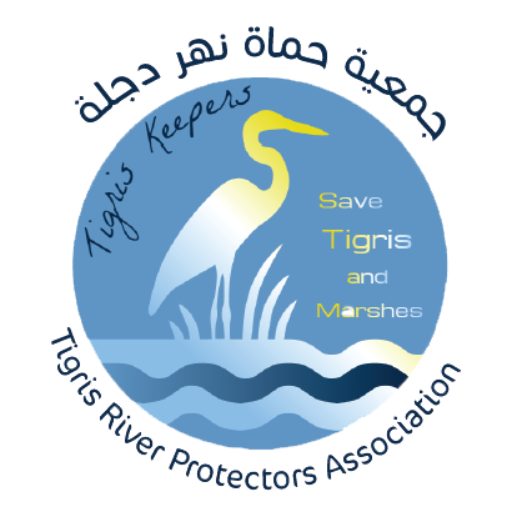
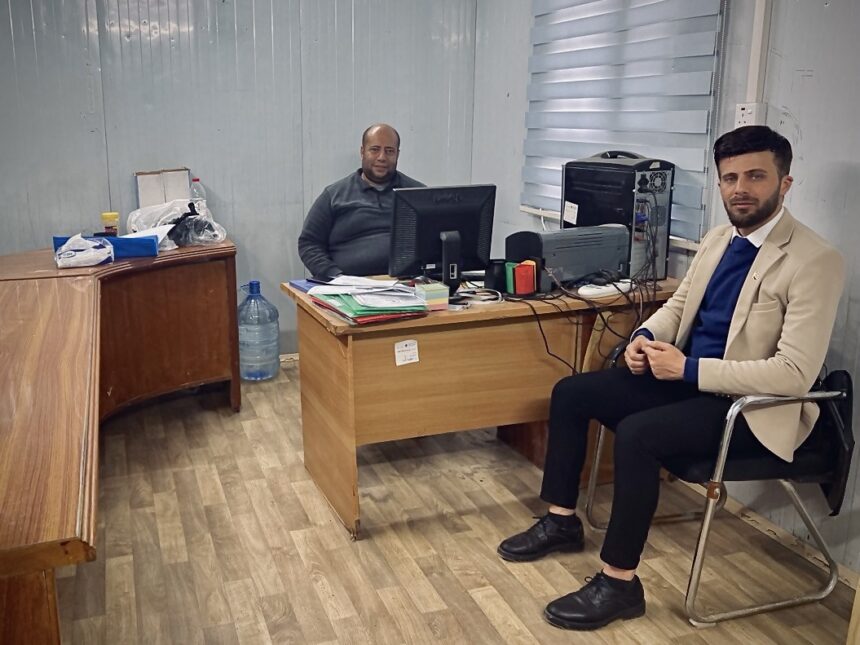
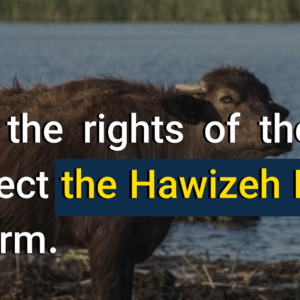
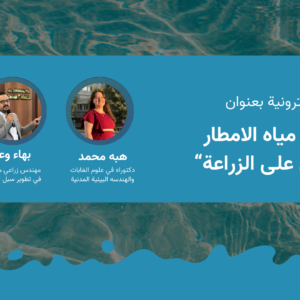
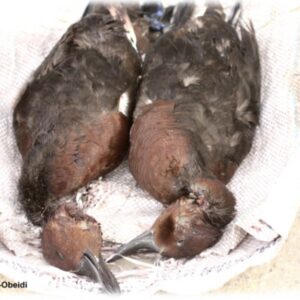
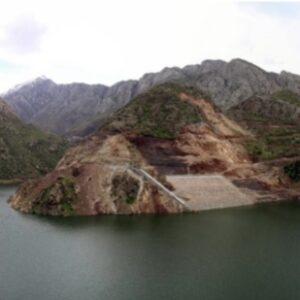
Leave a Reply